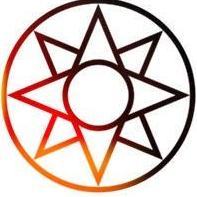Sci-fi makes for poor reading!
-
Similar Content
-
- 2 comments
- 223 views
-
So I read an interview with Billy Childish and I identify with his perspective on life...
By Talo Segura,
- 3 replies
- 173 views
-
- 11 comments
- 441 views
-
- 7 replies
- 687 views
-
- 8 replies
- 590 views
-





Recommended Posts
Create an account or sign in to comment
You need to be a member in order to leave a comment
Create an account
Sign up for a new account in our community. It's easy!
Register a new accountSign in
Already have an account? Sign in here.
Sign In Now